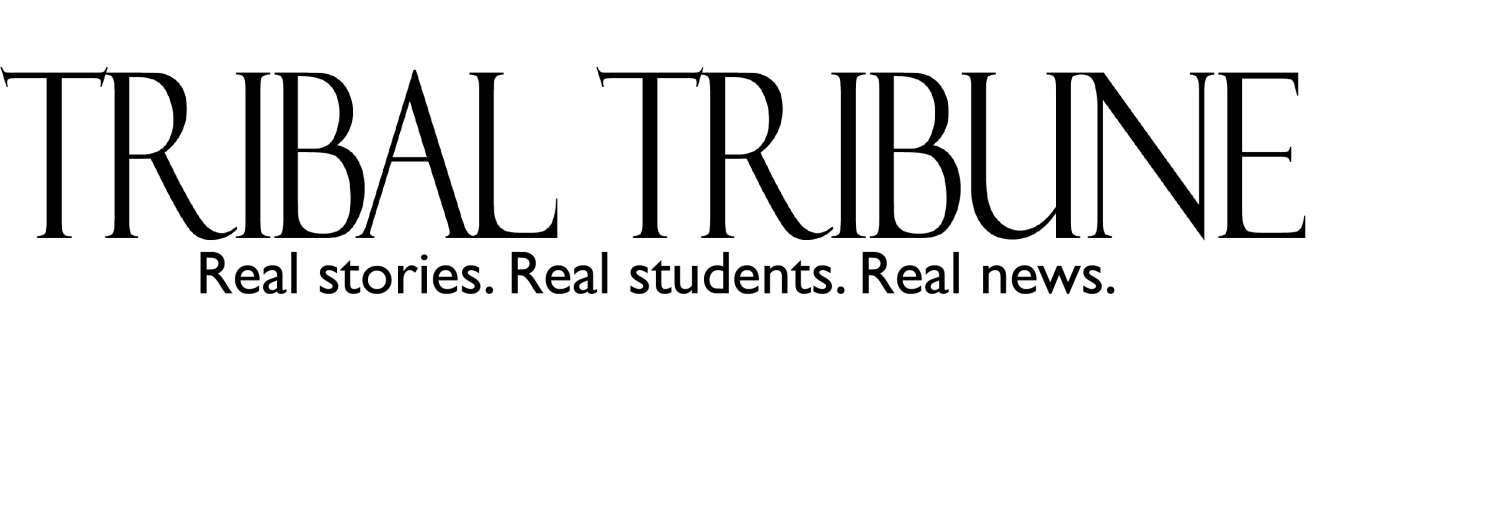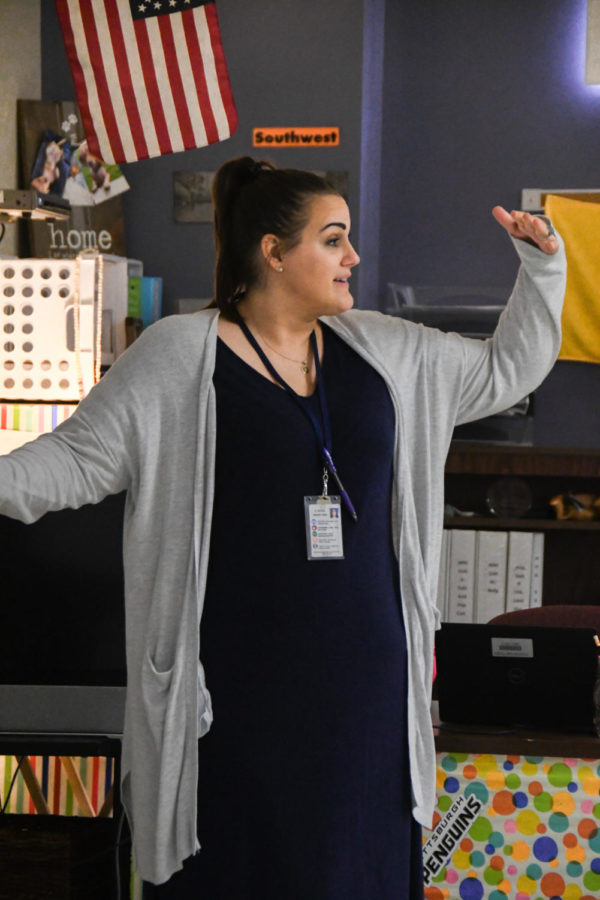Q&A Mcgee
- What do you like about AP human geography?
I love it because it’s very modern day, and so it applies to everything in the world. While history is very important, and it explains how we got to where we are, I really like students understanding the why behind everything. I also love the course because it does a ton of critical thinking, not just memorization. And students aren’t given answers or can’t work backwards to find the answer, so it’s truly their knowledge. And then probably the last big thing that I really like about it is it haunts kids, you can then apply everything you do in your life to it. You know, it is a class that kind of keeps living, keeps moving.
- How has traveling impacted your view of Geography?
As far as my travels with geography, the idea is it reinforces what I’m teaching, which I really like, because sometimes I feel like I sit in the classroom and I’m teaching this content, but I don’t live it and I don’t necessarily know it’s true. When I go on these trips, it’s really nice, because I get to actually see the environments that I’m talking about. I get to ask the questions I’m curious about. What have I not learned correctly? What can I also bring back to my students? It’s nice to bring in those real world conversations.
- You won Teacher of the Year this year. What experiences do you think have shaped your teaching style?
I started my first two years in a title one urban school. It had a high amount of poverty, and very different diversity than what we have at Wando. That shaped me a lot, because the emphasis was on being a support system for students, rather than necessarily pushing content. I think that’s really been kind of the foundation of my teaching philosophy, just making sure I’m putting students’ needs first. From there, it’s my colleagues. I’ve learned a lot from all my mentors, like Jason Brisini, Olivia Thatcher, Jared Tyler, and administrators like Lucy Beckham, Mr. Wilson, and Mr. Finch. I get to observe classes and learn what makes them great, and how can I do that in my classroom. Between my first couple of years, understanding student needs, and all my colleagues’ influence, that’s kind of how I got where I am today.
- Do you have any advice for upcoming teachers?
Do it. It is very challenging. It is very hard. It is very demanding. You have to balance parents, students, administration, and other teachers, while also having to balance the community, the political desires of a country, and that’s really hard to do. So, understanding it is difficult. However, it’s so rewarding and impactful. It is one of those jobs that, even if you feel like you haven’t reached a student, you did. Our students become things, whatever they choose to become, they got there because of a teacher who taught them something about whatever profession they want to go into. And that is just like the coolest experience in the world. It’s a lot of ups and downs. My biggest advice is when you start teaching, print and save every positive email or message you get, so then when you have a low, you can kind of look back on it and remember that’s your why.


